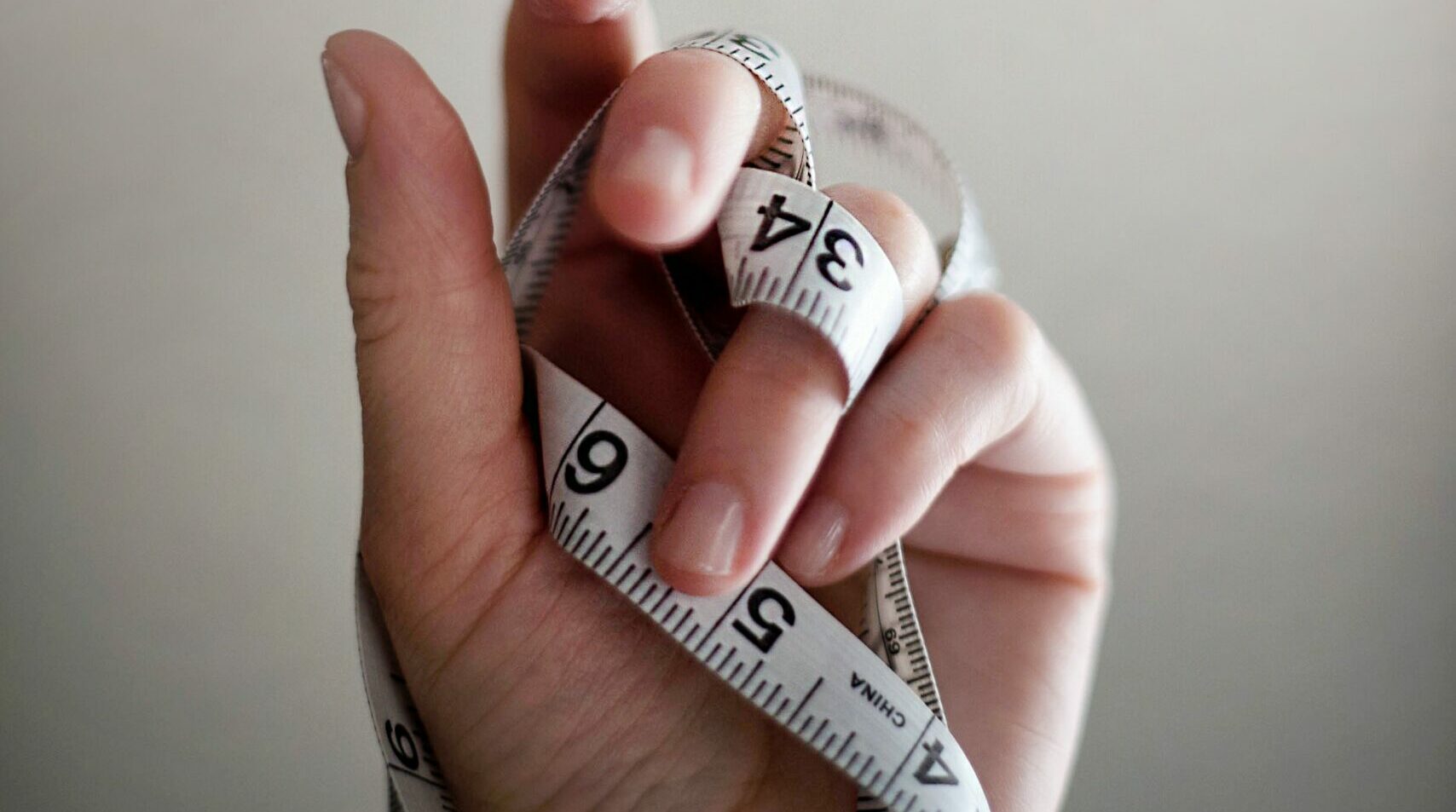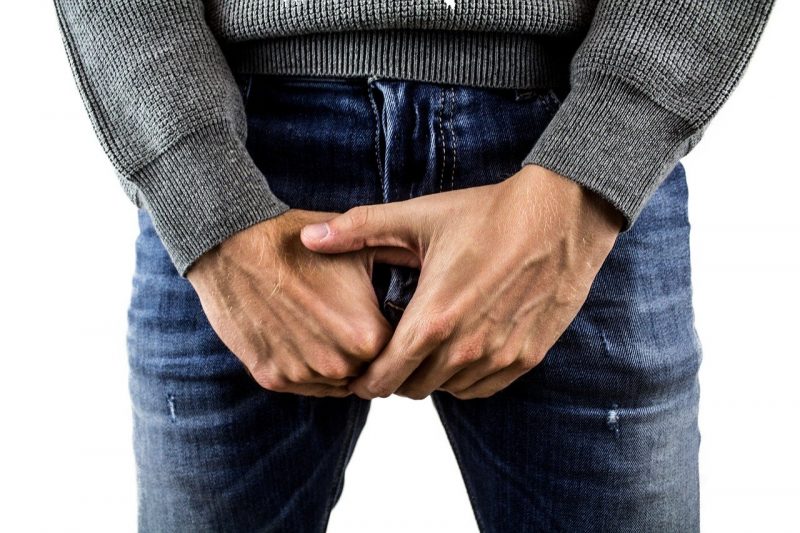Understanding Body Dysmorphic Disorder (BDD) and its symptoms
Body dysmorphic disorder (BDD or body dysmorphia) is a mental health condition where someone negatively fixates on aspects of their appearance. It can also include comparing yourself a lot to others. Sometimes it can result in a completely distorted perception of what they actually look like.
The NHS defines BDD as: “a mental health condition where a person spends a lot of time worrying about flaws in their appearance. These flaws are often unnoticeable to others.”
That’s the medical definition. In the words of someone who is diagnosed with BDD, it means I haven’t seen how I actually look in years. I have to trust other people’s perception of my appearance over my own. Some mornings when I look in the mirror first thing, I see myself as I am for just a moment. And then it’s gone. I can’t trust my own eyes and mind when looking at myself. It’s hard.
Symptoms
Some symptoms of BDD include:
- Worrying about certain parts of your body or face to an excessive amount
- Spending an excessive amount of time comparing your own looks to those of others
- Becoming fixated with looking at yourself in mirrors. (Or avoiding mirrors entirely)
- Going to extreme lengths to conceal the flaws you see – by makeup, or the way you dress
- BDD can also relate to other mental illnesses such as trichotillomania (hair pulling disorder) and eating disorders – but you don’t have to have these illnesses to have BDD
Why me?
It’s not known what exactly causes BDD, but there are some factors it could be associated with. You’re more likely to have BDD if you have a relative with BDD, OCD (obsessive compulsive disorder) or depression. Traumatic experiences during childhood can also lead to the onset of this condition.
Getting a diagnosis
If you think you have BDD, you should see your GP. They will ask you preliminary questions to assess you. They may then refer you on to mental health specialists for further assessments and treatment.
If those close to you show concern over how you see yourself, and you often find yourself fighting and disagreeing with them about how you perceive yourself and the flaws you see, you should consider going to your GP. While everyone can feel insecure at times and dislike aspects of themselves, when it becomes a constant, it is a lot deeper than just insecurity.
It can be very hard to build up the courage to go to your GP to seek help for BDD. As someone with BDD, I didn’t even realise I had it until I was 20 and I still struggle to accept my diagnosis. I went to the GP for anxiety and ended up in therapy for an eating disorder, and it was during therapy that I was finally diagnosed with BDD. When I told my friends, it didn’t come as a shock to any of them. They had spent years trying to convince me that I was not ‘seeing myself correctly.’
Receiving treatment
Depending on how severe your BDD is, you may be offered one of two treatments, or a combination of them.
If you have a milder form of BDD, you can be referred for cognitive behavioural therapy (CBT). This is a type of talking therapy that helps you change the way you think and behave. It can take place on a one-to-one basis or in a group, depending on what your doctors think would work best for you.
For more severe types of BDD, you can be prescribed selective serotonin reuptake inhibitors (SSRIs). These are generally antidepressants and while there are a number of different SSRIs, fluoxetine is the main one that helps to treat BDD.
You can also join support groups. There are lots on the Body Dysmorphic Disorder Foundation website.
Helping a loved one with BDD
At the height of my illness my friends found it incredibly frustrating as they couldn’t figure out how best to help. They were worried about saying the wrong things. Through research on the illness, talking with others, and my own experiences, I have compiled a short list of ways you can help if someone you know has BDD.
💭 Accept their feelings – this is really important. Even if you can’t see the flaws they’re fixated on and why it’s causing them distress, don’t dismiss their feelings. Instead, say “your feelings are valid, I understand that you are upset about this. I love you, I promise I don’t see you this way, but I know that doesn’t fix it. Tell me how I can help.”
💭 Let them talk to you – BDD can be incredibly isolating. It can be embarrassing to talk about. If someone opens up to you, don’t shut them down. Listen.
💭 Help them get professional help – there is only so much you can personally do to support someone battling any mental illness. Go with them to the GP if they need it.
💭 Learn their triggers and don’t take it personally – if your loved one mentions that something you said has upset them, it was most likely unintentional on your part, but apologise for it and acknowledge their upset and try to remember not to say or do the thing that upset them again.
Other support
- How to tell if you are addicted to exercise
- Mind – Body dysmorphic disorder (BDD)
- Body Dysmorphic Disorder Foundation – Do I have BDD?
Read more
Last Reviewed 19 July 2023
Image Credit: Jennifer Burk via Unsplash




